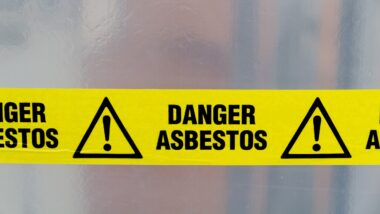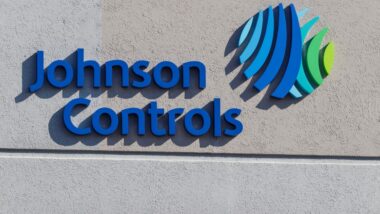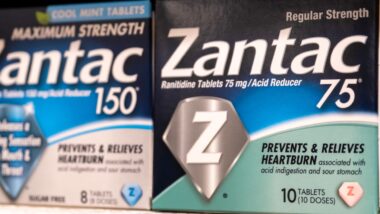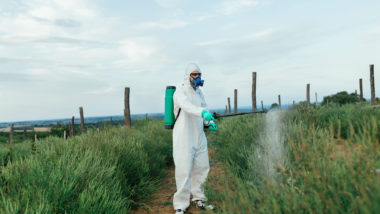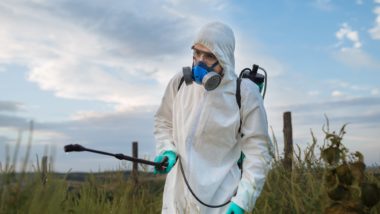Top Class Actions’s website and social media posts use affiliate links. If you make a purchase using such links, we may receive a commission, but it will not result in any additional charges to you. Please review our Affiliate Link Disclosure for more information.
A recent hearing has laid bare considerable troubles in finalizing the tentative $10 billion Bayer, Roundup settlement proposed in June to satisfy nearly 95,000 lawsuits and class action lawsuits over the cancer and other health risks of Roundup weedkiller.
During the session with presiding Judge Vince Chhabria of the U.S. District Court in San Francisco on Aug. 27, lawyers for some of the lead plaintiffs reported that Bayer hadn’t yet signed some of their agreements and at least one of the deals to “resolve a large batch of cases was terminated altogether,” the Wall Street Journal reported. Collectively, those lawyers represent about 20,000 plaintiffs, the Journal said.
Settlement deals have been finalized with approximately 30,000 plaintiffs, mediator Kenneth Feinberg reportedly told the judge. But the parties involved in the majority of the cases Chhabria is overseeing have not signed agreements yet.
It is unclear what sticking points have held up the Roundup settlement deals.
Bayer attorney William Hoffman described the delay in final negotiations as “a speed bump, a slight hiccup, a change in circumstance that has led one party to put things on hold temporarily,” the Wall Street Journal quoted him as saying.
Chhabria instructed the lawyers to submit plans to restart litigation, given the status of the proposed settlements, and “told the plaintiffs’ lawyers to publicly file portions of letters they had sent him in confidence detailing what the judge described as Bayer ‘welching’ on its deals,” the Journal reported.
The setbacks brought to light at the Aug. 27 hearing were only the latest to stand in the way of the Roundup deal.
 Bayer Roundup Settlement Overview
Bayer Roundup Settlement Overview
Bayer started out negotiating with plaintiffs in about 95,000 cases in 2019. They hammered out a tentative agreement in June that would have nearly $8.75 billion paid out to settle existing claims. Another $1.25 billion was to be set aside to handle future claims from Roundup customers who might develop health problems, the Detroit News reported.
The future claims money was also to fund the creation of an independent panel to investigate whether the active ingredient in Roundup, glyphosate, causes cancer.
If the panel agrees glyphosate causes cancer, Roundup’s parent company, Bayer, will be barred from arguing otherwise in the future, under the terms of the proposal. If the group decides it doesn’t cause cancer, plaintiffs in future cases will likewise be prevented from arguing the opposite.
Chhabria issued an order July 6 saying he was “skeptical of the propriety and fairness of the proposed settlement” and was inclined to deny it because of the future claims component. He said he was troubled by limiting the rights of consumers in the future and questioned the wisdom in empowering a panel to decide the health risks of glyphosate, something scientists around the world have been working for decades to determine.
The Question of Risk and Roundup
Researchers have been trying for decades to determine whether the use of herbicides containing glyphosate can cause cancer, including non-Hodgkin’s lymphoma. Often, their results have been inconclusive or conflicting.
The U.S. Environmental Protection Agency (EPA) in April 2019 affirmed its position that glyphosate is safe, saying its research showed the chemical poses no risk and “is not likely to be carcinogenic to humans.”
Four years earlier, the World Health Organization’s International Agency for Research on Cancer classified glyphosate as “probably carcinogenic to humans” based on “limited evidence” of cancer in people and “sufficient evidence” of cancer in study animals, Scientific American reported.
Signs of Settlement Trouble
Environmental Health News published a story July 30 reporting that, as they were being informed of the proposed Roundup settlement, some plaintiffs were unhappy with the terms. Those interviewed said they were finding it was possible they “could end up with little to no money, depending upon a range of factors.”
All of the cases involve claims that Roundup caused the plaintiffs or their spouses to develop cancer. In some cases, plaintiffs might have to use the settlement money to pay back insurance providers that covered the cost of their cancer treatment, the plaintiffs told Environmental Health News.
Join a Roundup Weed Killer Cancer Class Action Lawsuit Investigation
You may qualify for this Roundup cancer lawsuit investigation if you were diagnosed with one of these conditions after using Roundup:
- Non-Hodgkin’s lymphoma
- B-cell lymphoma
- T-cell lymphoma
- Chronic lymphocytic leukemia (CLL)
- Hairy cell lymphoma
See if you qualify by filling out the form on this page for a case evaluation with an experienced Roundup lawsuit attorney.
This article is not legal advice. It is presented
for informational purposes only.
ATTORNEY ADVERTISING
Top Class Actions is a Proud Member of the American Bar Association
LEGAL INFORMATION IS NOT LEGAL ADVICE
Top Class Actions Legal Statement
©2008 – 2024 Top Class Actions® LLC
Various Trademarks held by their respective owners
This website is not intended for viewing or usage by European Union citizens.
Get Help – It’s Free
Join a Roundup Weed Killer Cancer Class Action Lawsuit Investigation
For the most up-to-date information on this case, click here.

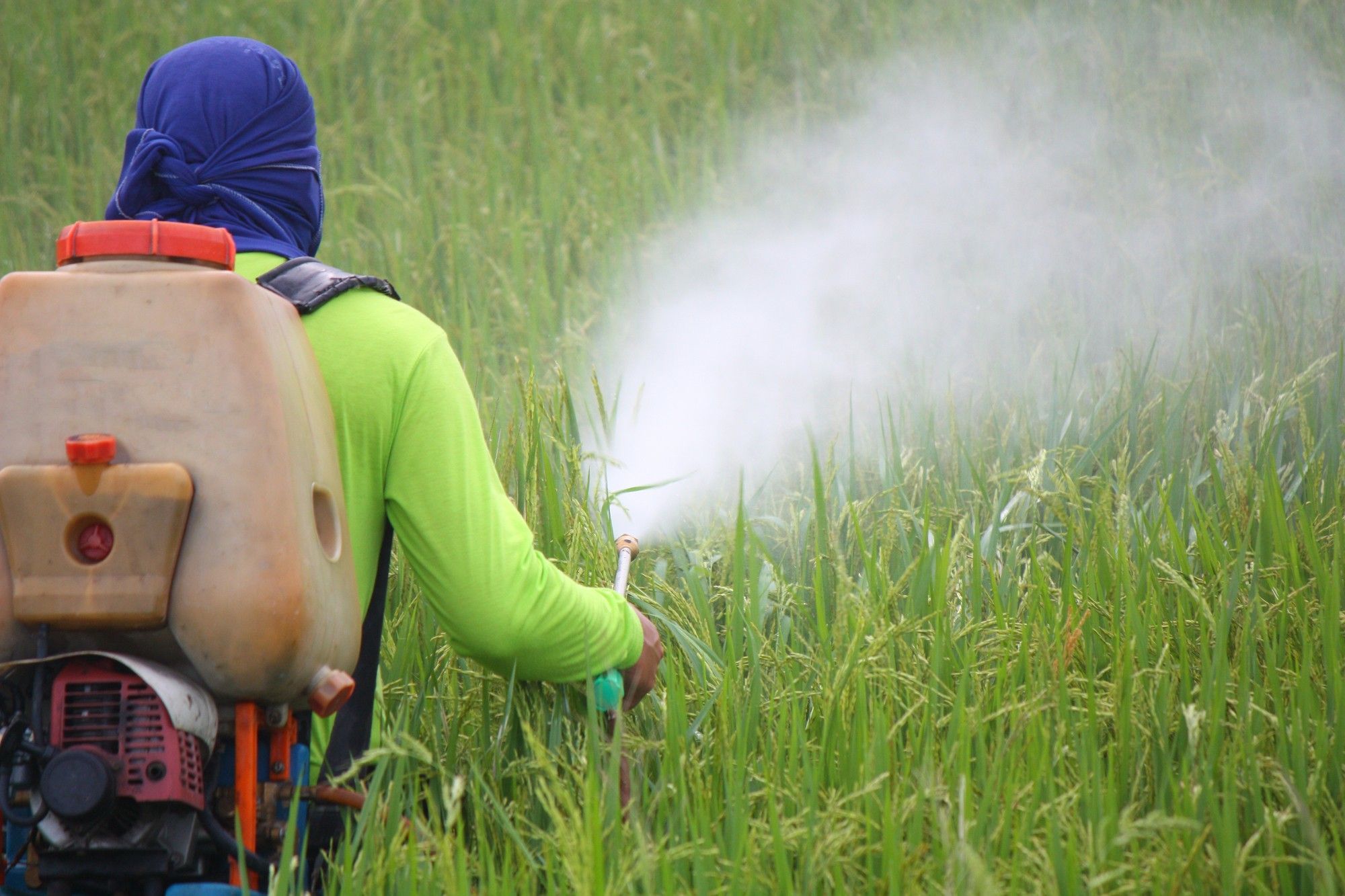
 Bayer Roundup Settlement Overview
Bayer Roundup Settlement Overview